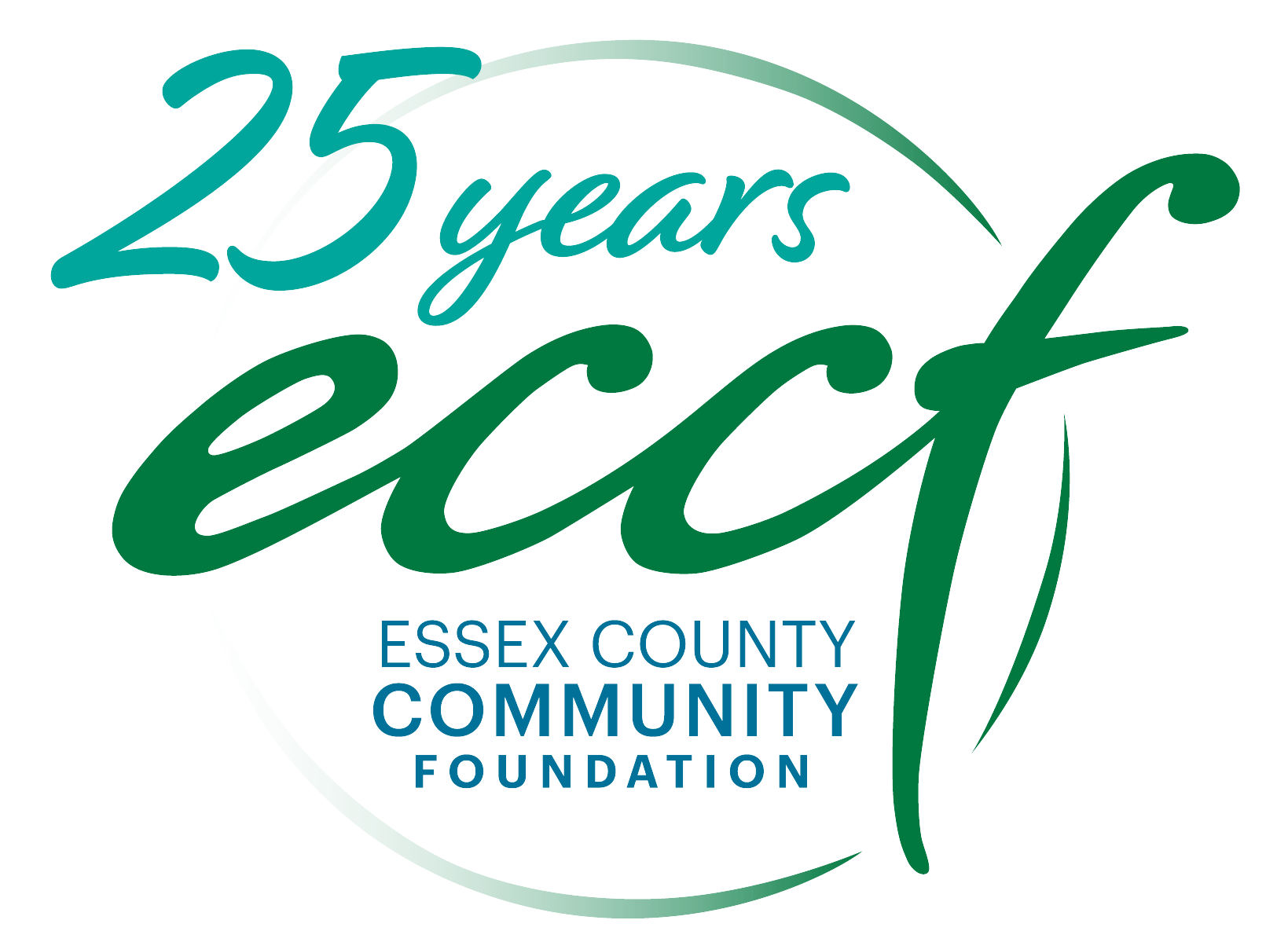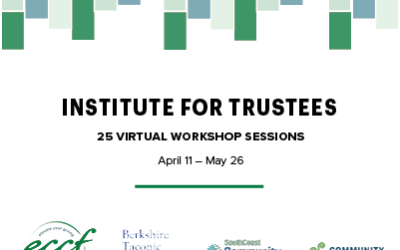Michelle Xiarhos Curran, ECCF Communications Writer
According to the Center on Education and the Workforce at Georgetown University, by 2020, an estimated 72 percent of jobs in Massachusetts will require a postsecondary education.
In fact, Massachusetts is one of 27 states and the District of Columbia that will be at or above the 65 percent proportion of jobs nationally that will require postsecondary education beyond high school by 2020. And at 72 percent, the Bay State will claim title to the fourth highest percentage across the country, topped only by Colorado, Minnesota and the District of Columbia.
As the labor market demand for postsecondary education increases, in Essex County – where the cost of continued education is out of reach for the 38 percent of residents living below the living wage – residents need more opportunities to remain gainfully employed in Massachusetts and increase their lifetime earning potential.
“Everybody knows a college degree can help you live the life you want to live,” said Dr. Cristy Sugarman, Executive Director of the Center for Alterative Studies at North Shore Community College.
Indeed, the correlation between education and income and financial security is strong. According to the Economic Policy Institute, college graduates earn 56 percent more than those with a high school diploma. And research conducted by the Federal Reserve Bank of St. Louis suggests that people with more education tend to make better financial decisions that contribute to building wealth. Households with higher educations tend to have more liquid assets to withstand financial storms, diversify their savings and maintain low levels of debt relative to assets.
For the last year, as part of Essex County Community Foundation’s Empowering Economic Opportunity project, a collective of local colleges and universities, workforce investment boards, local employers and community organizations have been collaborating to help make the attainment of a college education available to a wider group of people by connecting students with schools offering college credit for learning gained through work and life experience. The results of this Credit for Prior Learning (CPL), also known as Prior Learning Assessment (PLA), include reduced education costs and time to graduate.
North Shore Community College, which has a longstanding and nationally recognized CPL program, is leading this new collective, called the Northeast Regional Prior Learning Assessment (NERPLA) Consortium. It includes Gordon College, Middlesex Community College, Northern Essex Community College, Endicott College, UMass Lowell and Salem State University.
The goals of the Consortium are to assess and increase the capacity to provide CPL across the participating institutions, increase the number of referral organizations in the network and improve and expand the marketing, outreach and awareness of CPL as an option for adults across the county.
“When these three goals are accomplished in this pilot project, North Shore Community College will look to expand this model to other community colleges across the state,” said Stratton Lloyd, COO and vice president for community leadership at ECCF.
Dr. Sugarman is currently working with business and education consultant Dr. Judith Nast and each participating higher education institution to assess and increase the capacity of their individual CPL programs, which are in various stages of development.
At Gordon College in Wenham, for example, the majority of the student population is made up of “traditional” students, and so CPL is new there. At the other end of the spectrum, Northern Essex Community College – with campuses in Haverhill and Lawrence – has a robust credit for prior learning program, and so Dr. Sugarman is working with them to create a candidate referral system, training frontline staff at the Merrimack Valley Workforce Investment Board to identify potential CPL students. This training, which will commence in December, has also been done with the North Shore Workforce Investment Board, connecting them with North Shore Community College. The training will eventually be introduced to other community organizations working with target populations, and select local employers, resulting in a CPL catch-all that targets as many potential students as possible.
“We are finding that a lot of people have been doing different jobs in different industries and have a lot of experience, but don’t have college credit for it,” said Heather Mayer, the NERPLA Consortium Project Coordinator.
By increasing the schools’ capacity for CPL, Mayer said, the goal is to create an uptick in the number of Essex County residents with college degrees, which will enable them to earn the income they need to support themselves and their families – and to meet the demand of the local workforce.
“It can elevate everybody,” said Dr. Sugarman. “It creates a learning community headed on a trajectory of significant improvement in quality of life.”
According to ImpactEssexCounty.org, 39 percent of adults in Essex County have at least a bachelor’s degree and another 25 percent have some college experience, but never completed their degree.
“These students are not dropouts. They’re stop-outs,” said Sugarman, who added that many would-be students simply have priorities that lie completely outside of school, such as supporting their families and paying their mortgage. “We want them to have the socio-economic situation and life they’re striving for.”
With CPL, college credit may be earned for college level learning gained through specialized licensures or certificates, military training or work or life experience.
In addition to assessing each school’s program and capacity, the Consortium is also currently focused on a marketing campaign – being developed by an outside marketing and communications firm – to spread the word about local CPL options, which many people aren’t aware exist or think that they don’t apply to them. “It’s about letting people know what, exactly, is available to them,” said Mayer.
A longer-term goal includes creating a CPL model that can be scaled across the state.
“This is a process, and it’s ongoing, but it’s going on now,” Mayer said.
“Our higher education partners are excited about this and are really excited to be part of this group discussing postsecondary alternatives in the Northeast,” said Dr. Sugarman.
PHOTO COURTESY OF NORTH SHORE COMMUNITY COLLEGE


